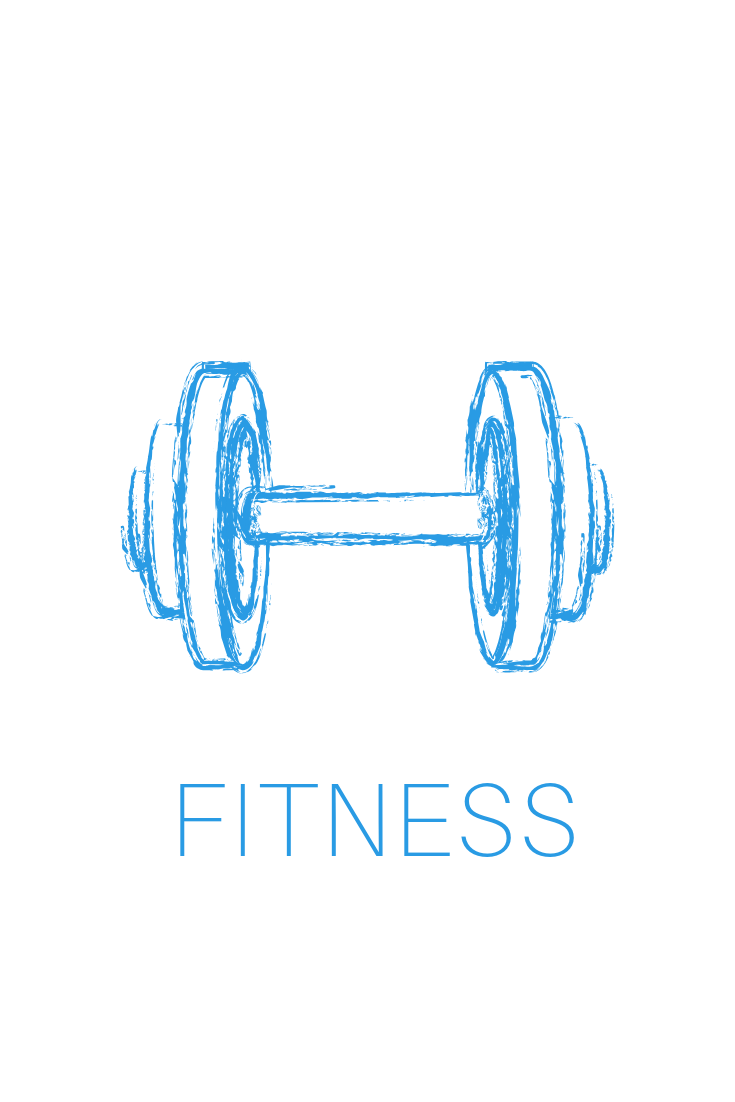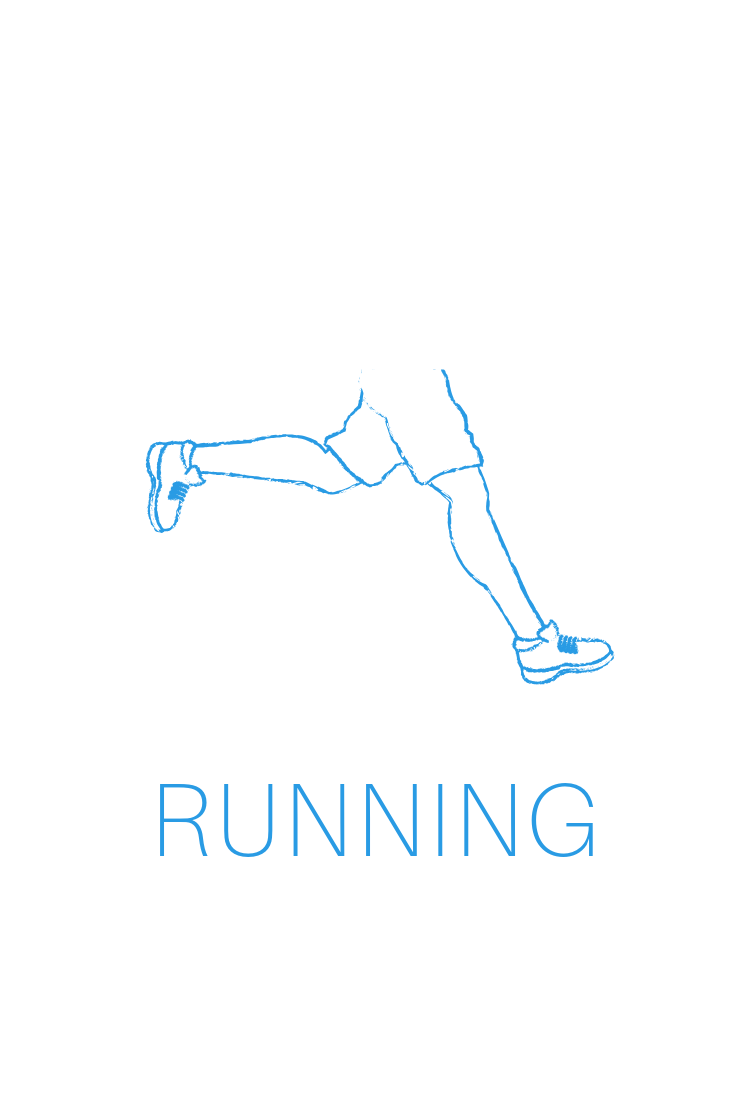Body Composition: What You Need To Know
For many people, stepping on the scales can make or break their day. But should we really put so much faith in this measure of ‘health’?
When wanting to improve their health, many people place weight loss at the top of their list. Excess weight is linked to a range of lifestyle diseases such as heart disease, high blood pressure and diabetes. However, if we focus only on the number on the scales, we are missing some important factors in understanding our body composition and its effect on our overall health.
Body composition is the proportion of fat and non-fat mass in your body. A healthy body composition is one that includes a lower percentage of body fat, and a higher percentage of non-fat mass, which includes muscle, bones, and organs.
The number on the scales, i.e. our weight, tells us how heavy our entire body is, including both fat and non-fat mass. BMI (body mass index) is a measure that is often used to estimate an individual’s fat mass using their weight with respect to their height:
BMI = weight (kg) / height (㎡)
But significantly, what these numbers don’t take into account is the proportion of lean muscle mass vs. fat mass. Let’s take two people who both weigh 70kg and are 165cm tall. One is an athlete with a high percentage of lean muscle mass. The other is a sedentary couch potato with a high percentage of fat mass. They both have a BMI of 25.71, concluding more than 25% of their bodyweight is fat mass, placing both the athlete and the couch potato in the ‘overweight’ category (20 to 25 is normal). However, it is highly likely that the athlete has a higher muscle mass than the couch potato, so although the athlete’s BMI is the same, her fat mass will be lower. Although BMI is a rough measure of a person’s overall health, it is a wide-sweeping generalisation that misses many of the nuances of an individual’s make-up. (As a side note, BMI was devised in the 1830s by Lambert Adolphe Jacques Quetelet, a Belgian mathematician, sociologist, statistician and astronomer - perhaps it’s time for an update?)
Body composition, on the other hand, specifically measures how much of an individual's total weight comes from lean mass (muscle, bones, connective tissue, and water) and how much comes from fat mass. It is not as easy to measure as BMI, which is one reason why BMI is so widely used. An accurate measure of body composition requires the use of skin fold callipers, a hydrostatic weighing machine, an MRI etc.
For anyone who is on a weight-loss journey but doesn’t have a hydrostatic weighing machine in their spare room, one simple way to determine a little more accurately whether you are losing fat mass is to take body circumference measurements.
Muscle mass is more dense than fat mass, i.e. it weighs more but takes up less space. So when you gain muscle mass and lose fat mass, you're losing inches even though you're not losing weight. This is why tracking your measurements can tell you more about your body composition and how it’s changing than the number on the scales. Measure the circumference of your arms, thighs, calves, waist, hips and bust every couple of weeks to see if there is a change.
Conclusion:
Excess fat is dangerous and can lead to numerous health issues. There is certainly a correlation between a high BMI and disease, so I am not suggesting we should completely disregard weight as a measure of health. However, the number on the scales doesn’t tell the whole story with regards to the percentage of fat mass vs. lean mass. Rather than focusing on losing weight, we need to focus on losing fat mass and increasing muscle mass. By focusing on increasing muscle mass with strength training, and avoiding excess fat by eating nutritious food, you will be doing much more for your health and wellness than the numbers on the scale ever could.
The scale can only give you a numerical reflection of your relationship with gravity.
That’s it.
It can’t measure strength, kindness, purpose, possibility, truth or love.
By Angie Black
ANGIE BLACK
BLOG CATERGORIES:







